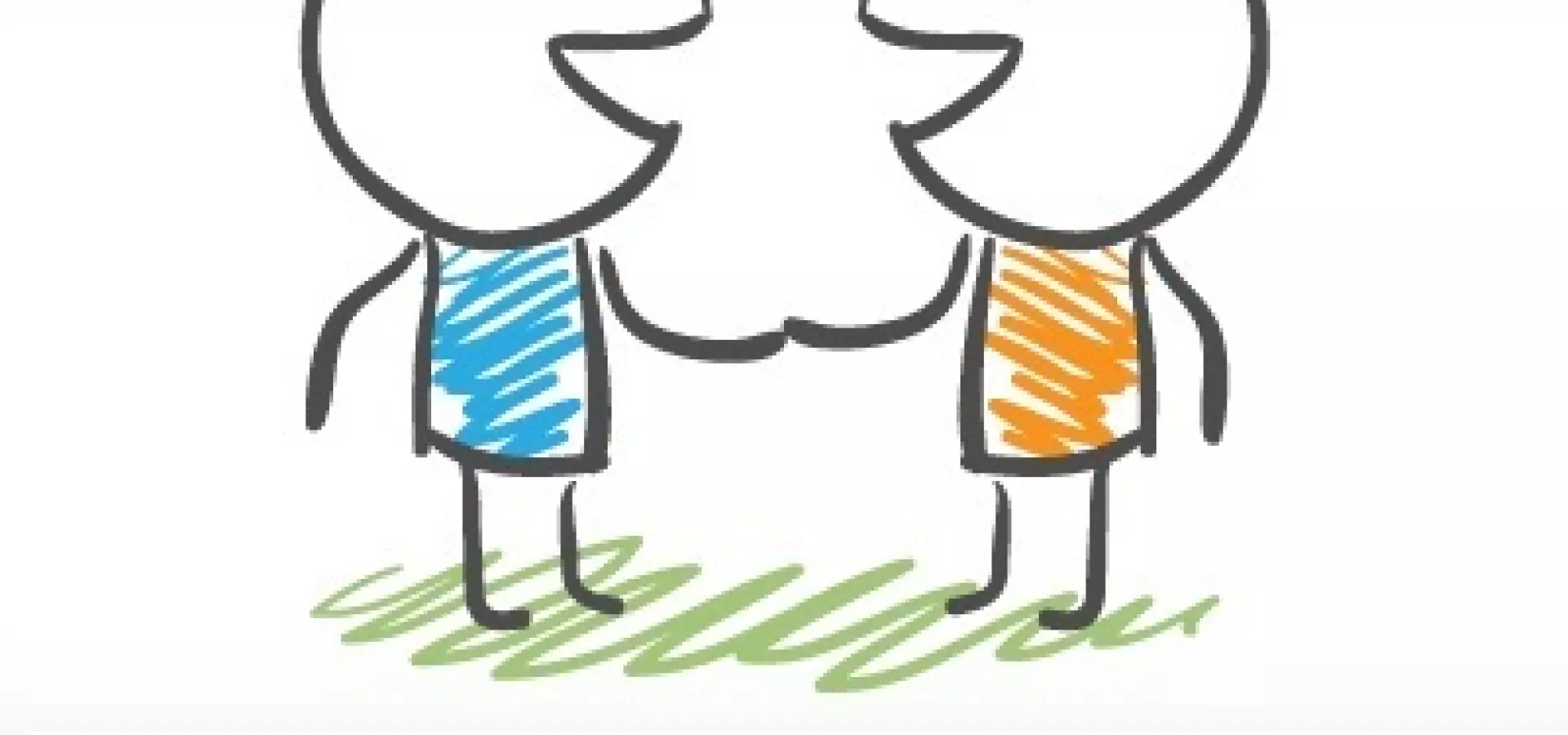
Co-production Week Scotland 2020
Co-production Week Scotland 2020 runs from 16-20 November and is organised by the Scottish Co-production Network. In a nutshell, co-production means citizens and professionals sharing power to create positive changes. Follow #CoProWeekScot on Twitter for updates through the week.
Our interest in co-production has centred on its potential for transforming public services and its association with positive health and wellbeing outcomes.
With the challenges of the COVID-19 pandemic, the aim of Co-production Week Scotland this year is to celebrate co-production by going back to basics and exploring what co-production looks like, what it needs for success and its impacts.
With this in mind, we highlight some examples of how we have used co-production in our work.
Small Grants Scheme
Earlier this year we launched a Small Grants Scheme for children, young people and the organisations supporting them. Successful applicants co-produced creative projects about their views on the impacts of climate change on health and wellbeing.
Given the severe impacts of the COVID-19 pandemic, we had to rethink how the scheme could safely continue. We extended the project deadline to December 2020 and amended the process. Changes included encouraging new ways of working (virtually) together. We also allowed the grants to be used flexibly so that digitally excluded young people could take part remotely or in other ways within infection control guidelines.
Grant recipients recently shared learning from their projects and their insights show what co-production looked like for them during the pandemic:
- “Since the application was made we decided to post […] art materials to participants. We have also received some funding for tablets and internet access if required.”
- “Many of the children we worked with didn’t have access to the internet before the project.”
- “We found the age group 20-24 really easy to engage through social media and WhatsApp.”
We plan to hold a webinar in Spring 2021 to showcase the completed projects. This event will be for grant recipients, the young people who participated in the projects and stakeholders with an interest in climate change.
Glasgow City Food Plan
The Glasgow City Food Plan (GCFP) is an example of a long-term approach to co-production between several public services and organisations.
The co-production process started by listening to discussions about the challenges posed by our current food system at meetings, events and seminars. Together, the varied stakeholders built a consensus for exploring how to create a better food system.
To take this collective work forward, Glasgow Food Policy Partnership (GFPP) was established in 2014. GFPP is a group of public, private and volunteer sector organisations and currently has fourteen partners. GFPP discussions identified the need for a network to bring together community practitioners, organisations and other interested individuals to support and better co-ordinate community food work in the city as part of the vision of a flourishing food system. To this end, the Glasgow Community Food Network was created in 2017.
The wide range of organisations involved in this work gave their support to implement a better food system by developing a city-wide food plan. A core project team was set up in 2019 to co-ordinate the process. It comprises the Glasgow Centre for Population Health, Glasgow Food Policy Partnership, Glasgow City Council, Glasgow Community Food Network, Glasgow City Health and Social Care Partnership and NHS Greater Glasgow and Clyde.
These groups have encouraged and supported people in the city with an interest in the food system to share their views. Activities have included: networking events held by GCFN to share learning and ideas, a food inequality inquiry held by GCC in 2018 and a Food Summit hosted by the GCPH and GCC in 2019. Lastly, GFPP employed a Sustainable Food Cities Co-ordinator to develop the existing partnership. A wide range of people have given ideas, including: chefs and restaurants, caterers, procurement staff, growers and market gardeners, food businesses, foodbanks and soup kitchen volunteers.
The draft Glasgow City Food Plan which has been developed by the stakeholders is now out for public consultation. Read more information about the plan.
Our work on co-production and wider relevant research
Our work to explore wide-ranging evidence for solutions to Glasgow’s health inequalities includes several topics that are relevant to co-production, including community resilience, asset-based approaches, power as a health and social justice issue and our research into social contexts and health.
Event report for Creating healthier futures: discussion across generations
Power as a health and social justice issue
Positive conversations, meaningful change: learning from Animating Assets
Assets in action: illustrating asset based approaches for health improvement
Putting asset based approaches into practice: identification, mobilisation and measurement of assets